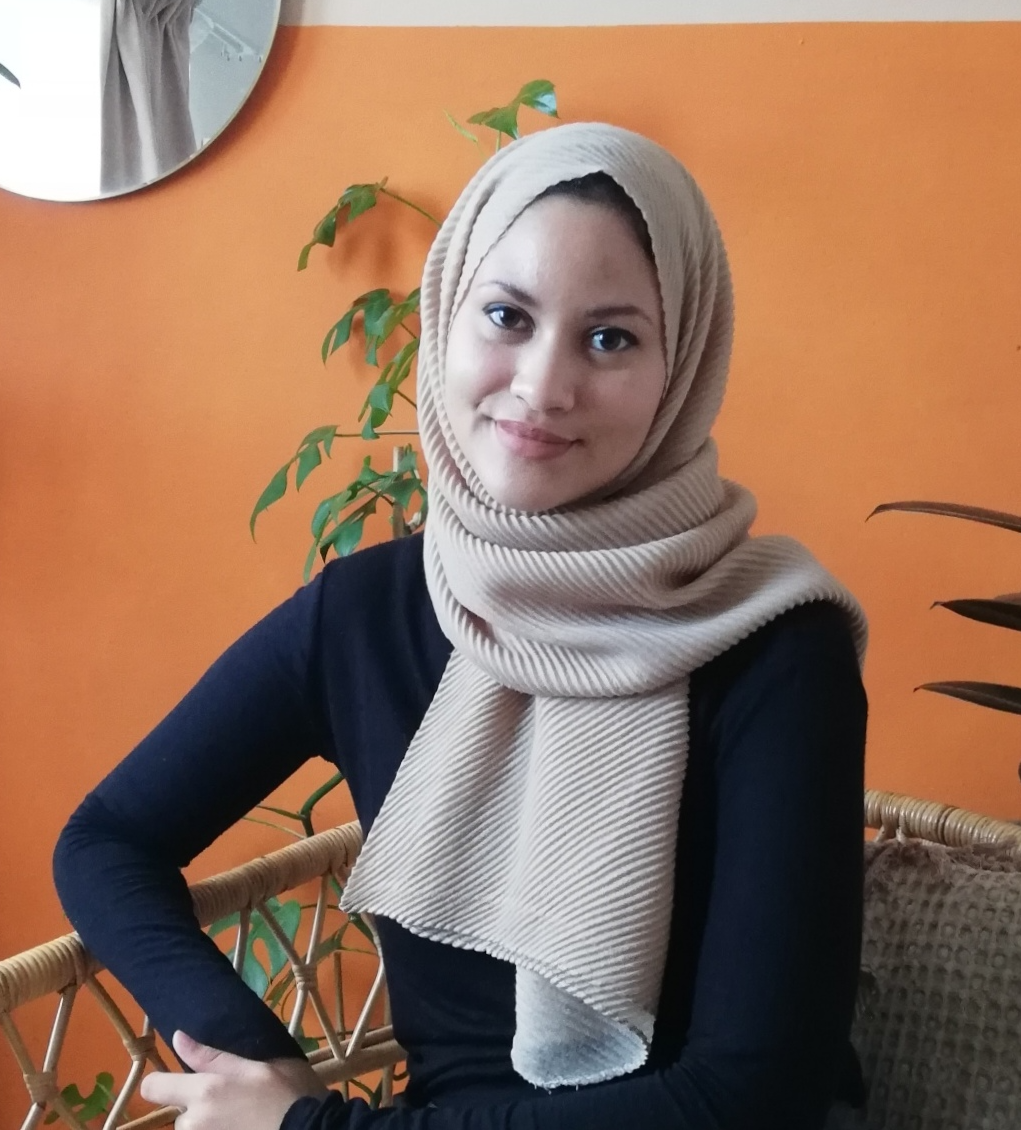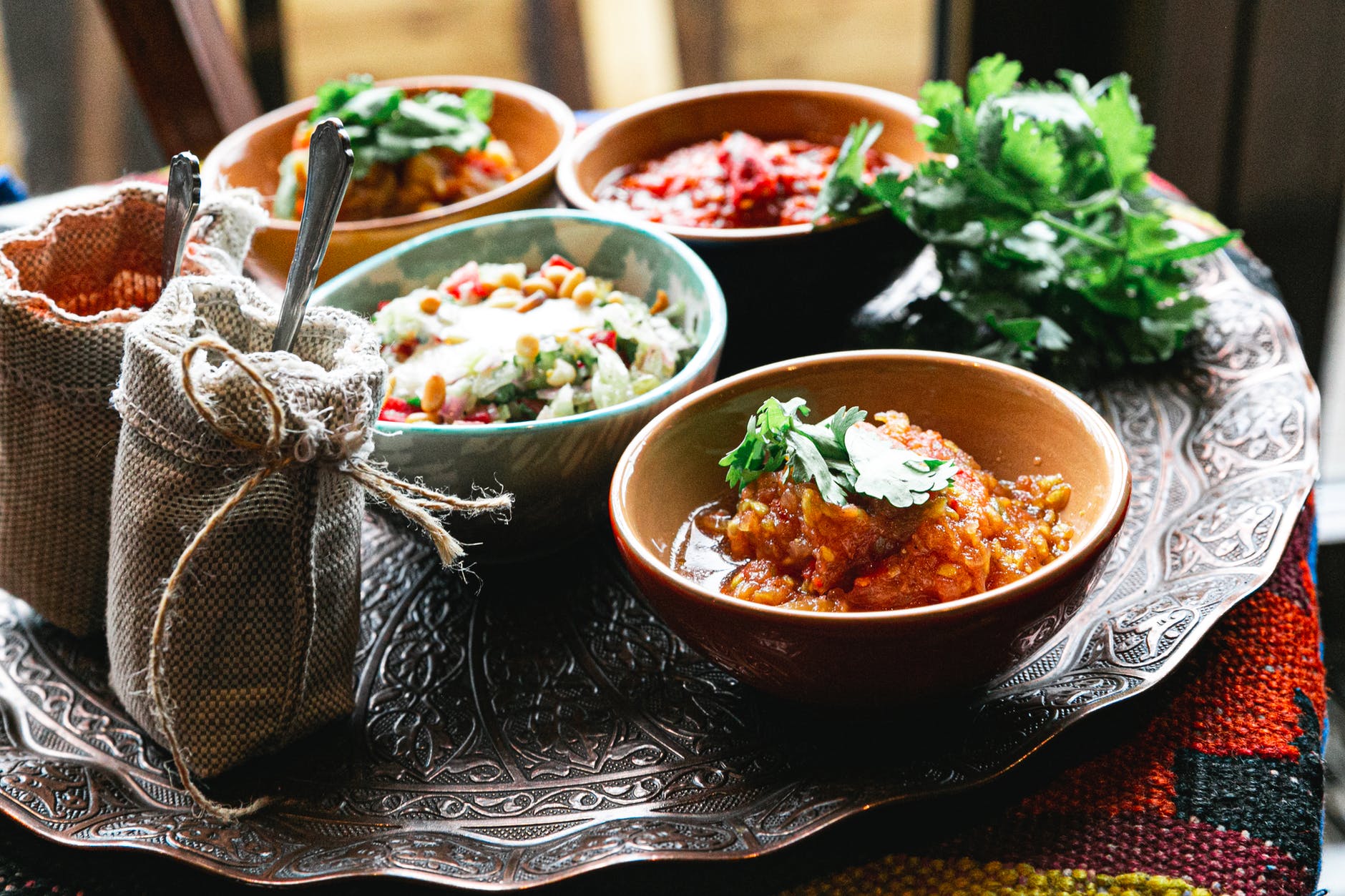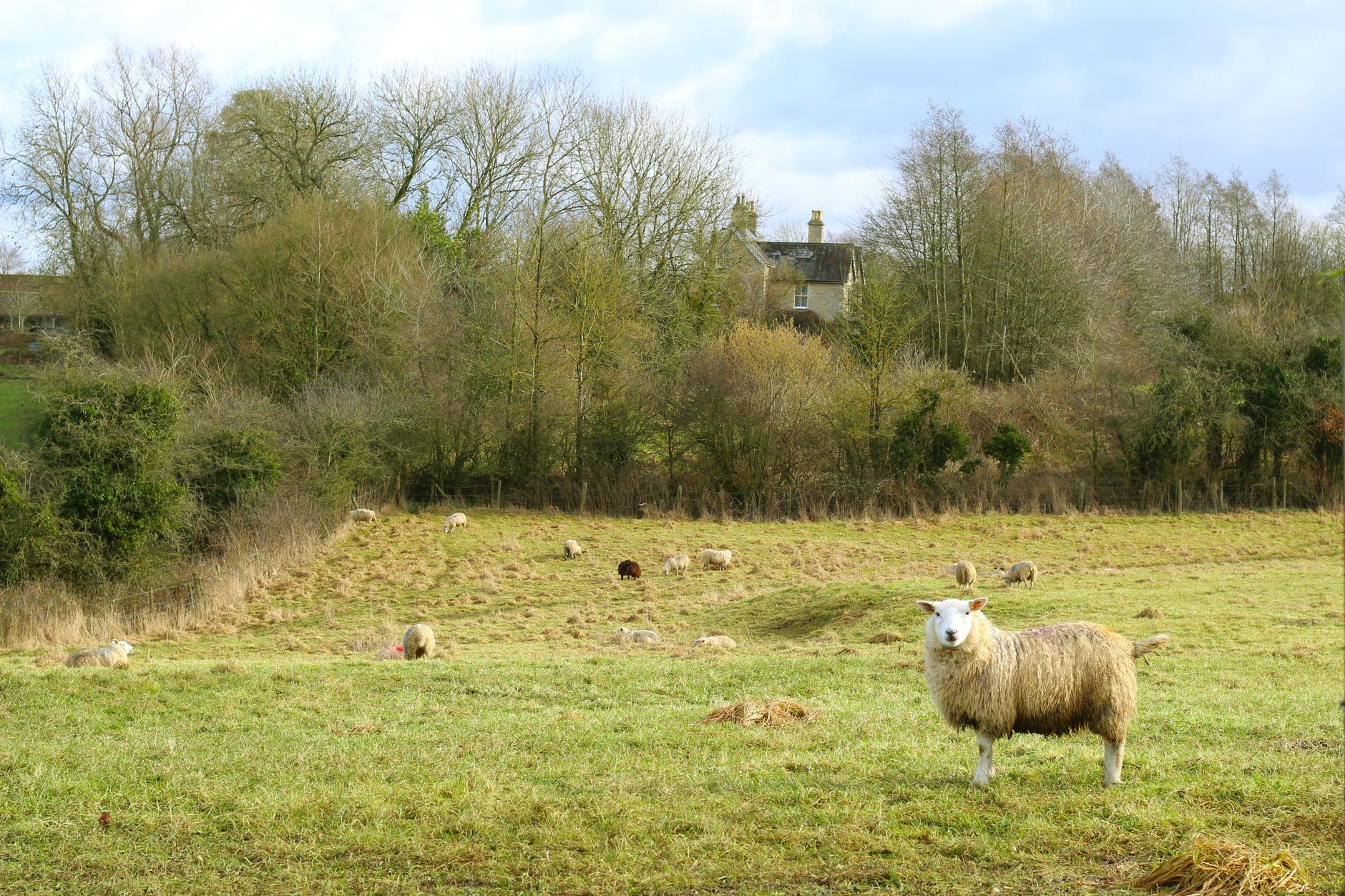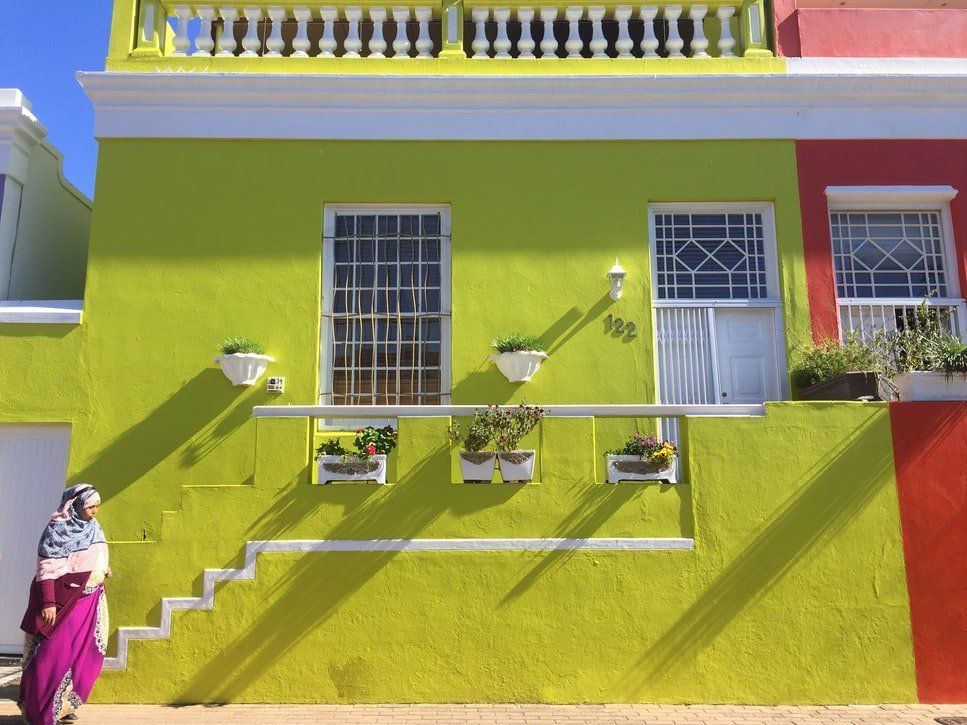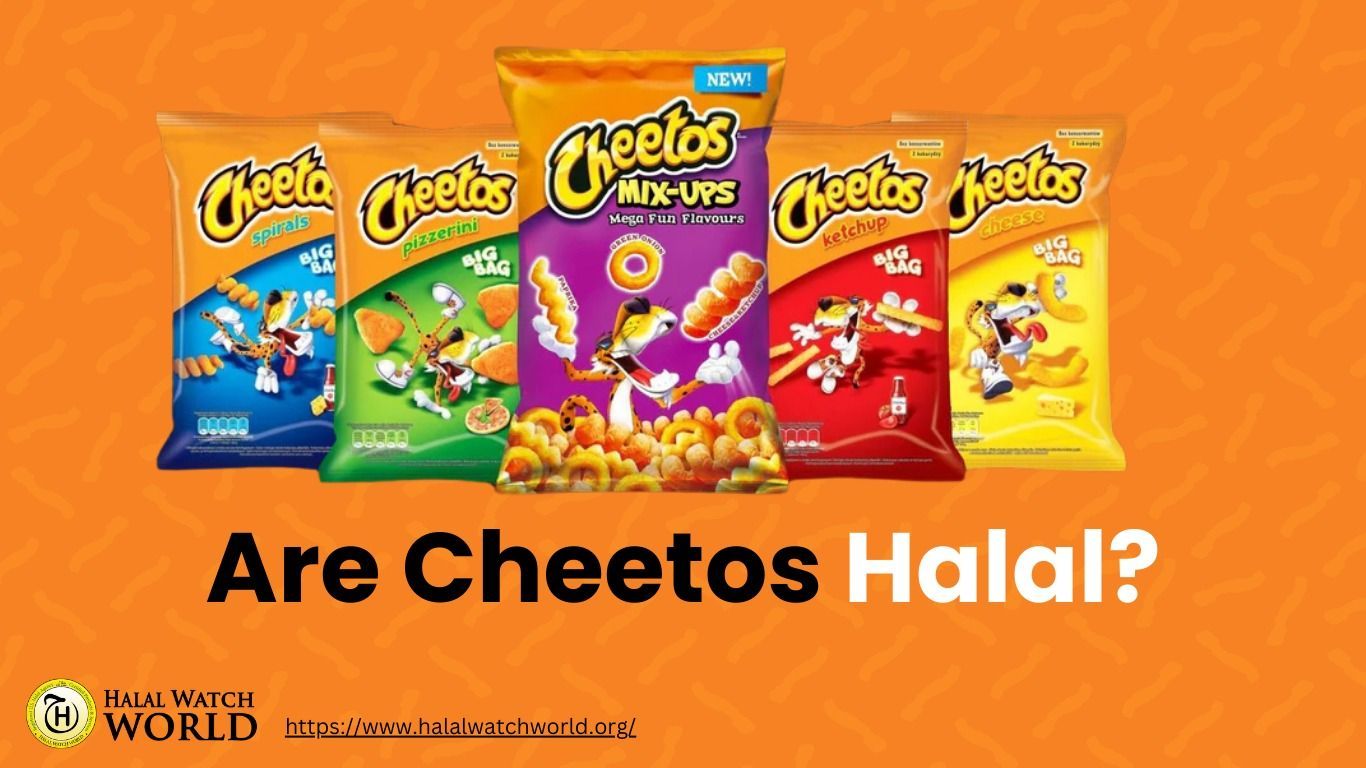Aaqilah Alexander is a teacher and freelance writer living in Cape Town, South Africa. She finds joy in understanding different cultures and customs and has a strong appreciation for local languages and histories. Her interests include researching Islamic perspectives related to topics on art, sustainability, current affairs, and gender politics. She holds a Bachelor of Arts Degree from the University of Cape Town and is currently pursuing postgraduate studies in the field of Education, specializing in language literacy and history learning in schooling.
1-877-HALAL-WW (+1-877-425-2599)
Five Myths Concerning the Halal Industry
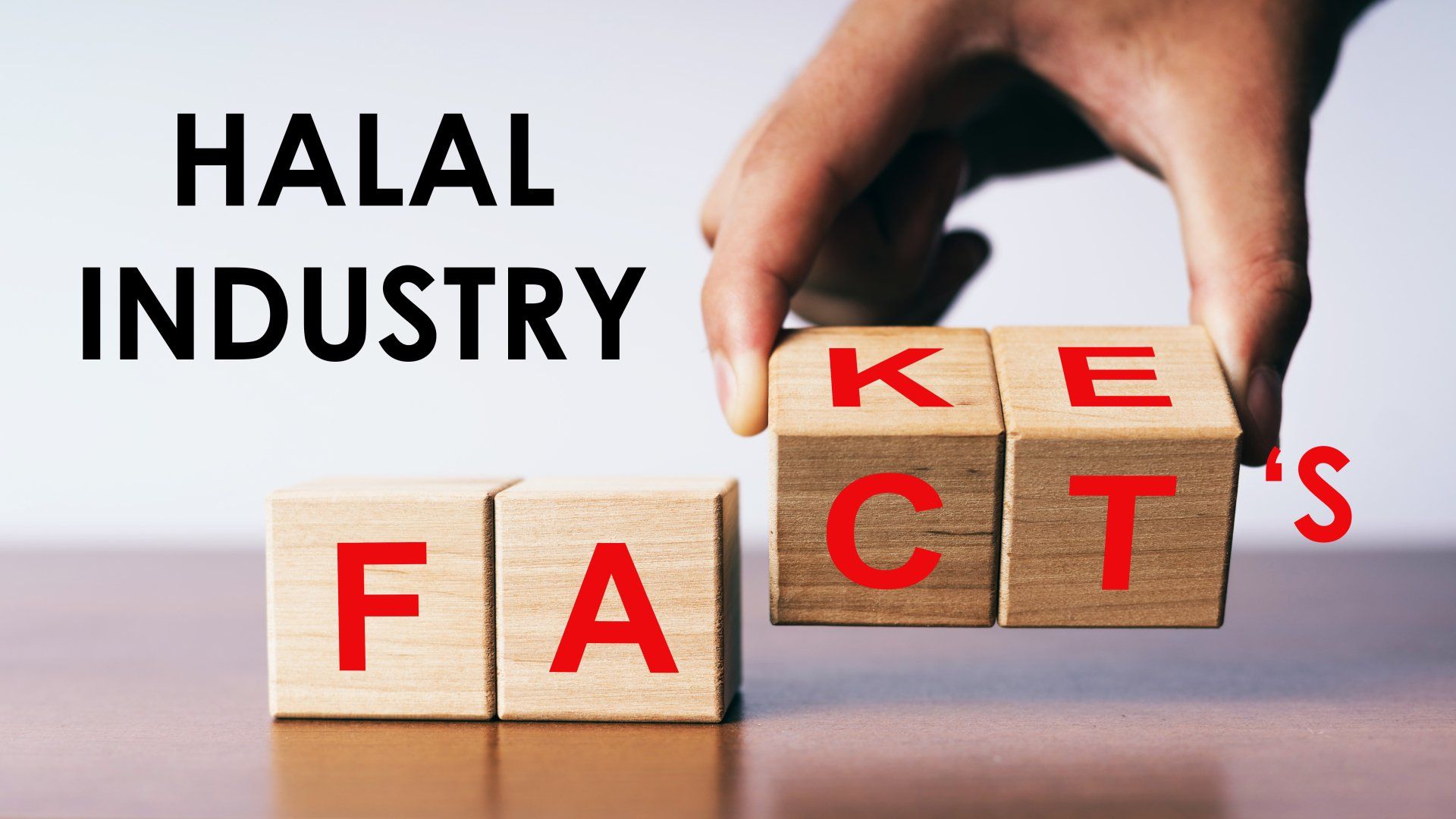
When it comes to ‘halal,’ many people are a little bit confused as to what exactly this entails. A global increase in immigration and advancements in technology have aided in the development of multicultural societies, exposing us to people of different faiths, beliefs, and life experiences.
Unsurprisingly, this brings about some curious natures, often resulting in questions like
“Do you shower with a scarf on?” and
“Is Eid your Christmas?”
Though there is a genuine interest in Islamic practices, people often misunderstand aspects of Islam; this is either due to lack of information or an abundance of misinformation.
We have compiled a list of the five most common misconceptions surrounding halal certification to help educate and clear up any false narratives that are perpetuated.
1. What is ‘halal’?
The biggest misconception centers around what ‘halal’ means. Some people think it simply means eating no pork; others are under the impression that it refers to North African or Middle Eastern cuisine.
The truth is...
Halal means ‘permissible’. It relates to dietary rules, but more broadly refers to every aspect of a Muslim's life: how to dress; interact with others; or conduct business affairs. It encompasses a holistic lifestyle and helps believers maintain their spirituality in everyday activities.
As it relates to food, halal goes beyond just the prohibition of pork or alcohol. While it restricts certain foods considered harmful or unbeneficial, halal governs the entire process of food production, from the sourcing of ingredients to manufacturing and distribution. It also places a great amount of emphasis on cleanliness and hygienic practices within the industry.
2. I’ve heard its inhumane!
Those who are unfamiliar with just how much Islam advocates animal rights are often of the opinion that slaughtering practices within the religion are ‘cruel’ and, sometimes, ‘barbaric.’
The truth is...
The Islamic slaughtering practice prioritizes the well-being of animals. Islam considers the mistreatment of any animal sinful. There are certain conditions set out in which to keep animals before slaughter that must be adhered to.
Animals must find themselves in an environment that provides them with a wholesome life. This means that they should be well fed, have adequate shelter, and enough space to move around comfortably. Islam has zero tolerance for animal abuse, and considers any animal killed by strangulation or violent blows as haram. Compared with battery farming, Islamic principles are far more humane.
Performing the slaughter in a dignified manner ensures the animal experiences the least amount of pain possible. A sharp knife must be used to secure a clean cut, resulting in the animal instantly losing all sensation. To prevent any further anxiety, no other animal should witness the slaughtering of another.
There is consensus that stunning an animal (rendering it unconscious) before the slaughtering is more humane. Though it remains a topic of controversy amongst some Islamic scholars, pre-stunned meat is generally considered permissible on the conditions that it is carried out appropriately, and the animal does not die due to stunning.
In some countries, such as New Zealand and Iceland, all religious slaughter legally requires pre-cut stunning. Although the prescribed methods of Islamic slaughtering is believed to be the best, these regulations mean a significant amount of halal meat complies with what is judicially deliberated as humane.
3. What are those chants - will I be cursed?
Though it may sound absurd, the rituals of Islamic slaughter may seem eerie to those unfamiliar with the process. Many people do not know what is being said or why. They may be under the impression that halal meat involves some form of sacrificial offering or “voodoo.”
The truth is…
There is absolutely nothing creepy or harmful about the process! What Muslims recite over slaughtered meat is “Bismillah Allahu Akbar,” which translates to: “In the Name of Allah (God); Allah is the Greatest.” We keep our creator in mind in all that we do, and slaughtering is no exception. Invoking the name of God is done to show gratitude for the sustenance provided by our Lord. This also helps us appreciate and show respect for the animal life that is being sacrificed.
4. Can I eat that too?
Some people think that halal means reserved for Muslims and are timid in their approach to eating anything labeled ‘halal’.
The truth is...
Halal foods are for everyone to enjoy. As mentioned, halal-certified foods assure quality is met at the level set out by halal regulating bodies. It prioritizes safety and hygienic processes, stresses animal welfare and concerns itself mainly with recognizing God in the ritual of slaughter. This indicates that there is nothing that forbids people of other faiths from indulging in anything labeled halal.
It is important to address any inaccurate understanding regarding this as many communities are made up of Muslims who live side by side with those of other creeds and cultures. Once people come to understand the ethics involved in halal certification, eating ‘halal’ often becomes appealing even to non-Muslim consumers.
5. What’s your agenda Muslim?!
One of the biggest consequences of misunderstanding halal certification is Islamophobia. In countries where Muslims are a minority, or where there is an influx of Muslim immigrants, people may feel that something like halal certification is a way for Muslims to take over and try to convert the masses.
The truth is...
Halal certification has no intention of dividing society. Instead, it is a means of offering a certain group the ability to purchase products without compromising their religious beliefs. No money made in support of halal-certified products or halal certifying bodies goes to funding any terrorist groups.
The expansion of halal certification has unsettled many people who hold prejudice views against Islam. Belgium issued a ban on kosher and halal slaughtering methods in 2019, supposedly in the name of animal protection. But many people felt its implementation put pressure on Muslim and Jewish people to conform to the secular culture of the country, infringing on their freedom of religious rights. GQ’s coverage of the ban referred to it as a “vehicle for discrimination.”
Halal certification is not meant to be seen as “exclusionary”, but rather to assist in the creation of culturally rich and diverse communities; one where Muslims can thrive alongside those of other faiths without compromising their own beliefs.
